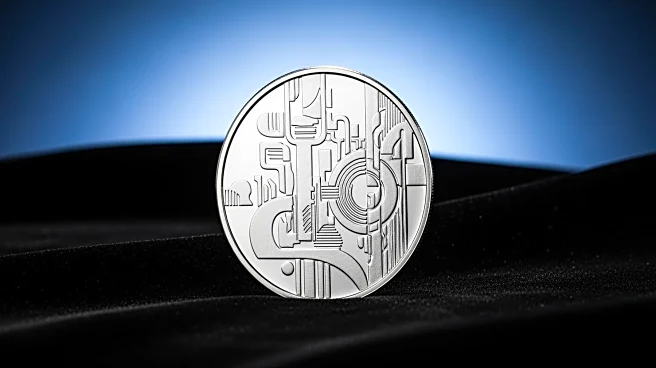Rapid Read • 8 min read
China recently hosted the inaugural World Humanoid Robot Games, a pioneering event that featured a variety of competitions such as kickboxing, soccer, and track and field, alongside practical tasks like cleaning and stair climbing. The event highlighted both the capabilities and limitations of current humanoid robotics technology. China's own Unitree emerged as a standout performer, securing the most medals, including four golds in track and field events. However, the games were not without their challenges, as numerous robots experienced failures, including knockouts in kickboxing and pile-ups in soccer, where robots toppled over each other. The event underscored the collaborative effort between humans and robots, with human participants actively assisting fallen robots to ensure the safety and continuity of the games.
AD
The World Humanoid Robot Games represent a significant milestone in the field of robotics, showcasing the advancements and current limitations of humanoid robots. This event highlights the potential for robots to perform complex tasks and participate in competitive sports, which could have far-reaching implications for industries such as manufacturing, healthcare, and service sectors. The success of robots like Unitree demonstrates the rapid progress in robotics technology, while the failures observed provide valuable insights into areas needing improvement. This event could accelerate innovation and investment in robotics, influencing future developments and applications in various sectors.
Following the success and challenges of the first World Humanoid Robot Games, it is likely that future iterations of the event will see increased participation and technological advancements. Robotics companies and researchers may focus on addressing the shortcomings observed, such as improving balance and coordination in robots. Additionally, the event could inspire similar competitions globally, fostering international collaboration and competition in robotics development. Stakeholders in technology and industry may also explore new applications for humanoid robots, leveraging the insights gained from the games to enhance robot-human interaction and integration in everyday tasks.
The World Humanoid Robot Games also raise ethical and societal questions about the role of robots in human activities. As robots become more capable, discussions around their impact on employment, privacy, and human interaction are likely to intensify. The event serves as a platform to explore these issues, encouraging dialogue on how to balance technological advancement with ethical considerations. Furthermore, the games highlight the cultural fascination with robotics and the potential for robots to become integral parts of entertainment and sports industries.
AD
More Stories You Might Enjoy












